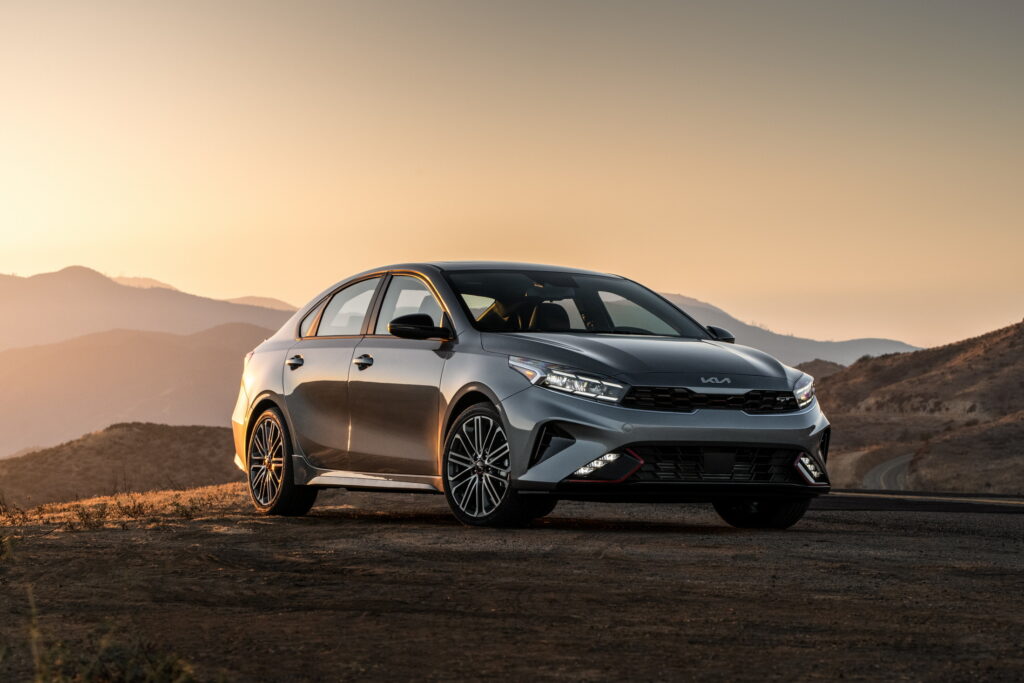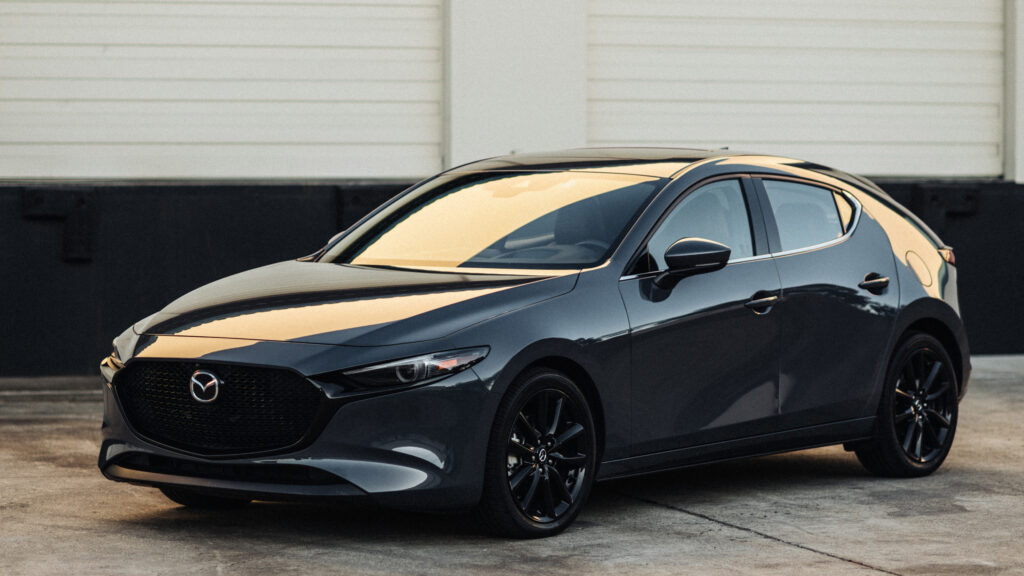- American car buyers hunting for budget-friendly deals might be out of luck, as proposed tariffs loom on the horizon.
- President-elect Donald Trump wants to impose tariffs on cars imported from Mexico by as much as 25 percent.
- For now, it’s unclear whether these proposals are simply a negotiating tactic or a genuine policy in the making.
For years, buying an affordable car has felt like running on a treadmill set to “uphill”- you’re going nowhere fast, and it’s exhausting. Now, that grind could get even more challenging. President-elect Donald Trump’s proposed import tariffs on vehicles made in Mexico and Canada are shaping up to deliver a serious gut punch to budget-conscious car buyers, hitting them where it hurts most: their wallets.
More: Trump’s Tariffs Could Cut 17% From Automaker Profits
It’s no secret that Mexico has become a major hub for affordable car production. In fact, today, around a third of vehicles priced under $30,000 sold in the U.S. are made south of the border, according to Edmunds. Models like the Nissan Sentra and Ford Maverick owe their competitive pricing to Mexico’s lower labor costs, but Trump’s proposed 25% tariff could drive those prices up and put these cars out of reach for many buyers.
Sticker Shock Incoming
The numbers paint a stark picture: a Wolfe Research analysis estimates that the tariffs could add $3,000 to the average price of a car. For vehicles that already cater to cost-conscious buyers, this could be a dealbreaker. Speaking to the Wall Street Journal, Steven Center, head of Kia’s U.S. operations, put it bluntly, saying, “Please don’t. Punch me in the arm. Smack me in the head. But please don’t put a tariff on.”
The U.S. auto industry has long relied on Mexico to make smaller vehicles more affordable. With wages for Mexican auto workers reportedly starting at just $3.50 to $4.30 an hour, compared to $33 in the US, manufacturing in Mexico has allowed automakers to keep costs down on models with slimmer profit margins. But that strategy could unravel if the incoming Trump administration’s tariffs are implemented.

The Perfect Storm for Car Buyers
Already, car buyers are feeling the strain. The average monthly car payment has surged to over $760, compared to $500 in 2016. For one in five buyers, that number is over $1,000. Rising costs are pushing more Americans toward smaller, cheaper vehicles, many of which are made in Mexico. Models like the Kia Forte and Nissan Sentra are seeing a boost in demand, but these gains could be wiped out if tariffs come into play.
It’s not just consumers who are worried. Carmakers and dealers alike are bracing for impact. Mary Barra, CEO of General Motors, which builds about a third of its U.S.-sold cars in Mexico, hinted that the tariff threats might just be a bargaining chip. “I think this is part of the negotiation to accomplish goals,” she said.
More: Mary Barra Says GM Is “Goal-Aligned” With Trump Despite Looming Tariff Nightmare
Even so, companies are exploring alternatives. Mazda, for instance, could shift production of some vehicles to its Alabama plant or even import more cars from Japan. But these measures would likely only soften the blow, not eliminate it. The stakes are high. Mexico currently produces nearly four million vehicles a year, with 70% of them destined for the United States. Trump’s proposed tariffs could disrupt this flow, leaving car buyers with fewer affordable options and carmakers scrambling to adapt.
For now, it’s a game of wait-and-see. Whether these tariffs are a hardball negotiating ploy or a genuine policy shift remains to be seen, but one thing is clear: the road to affordable car ownership is looking bumpier than ever.





